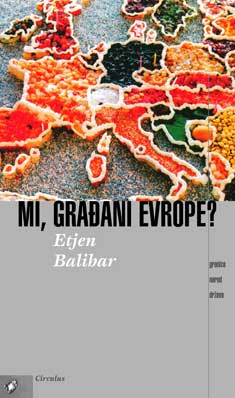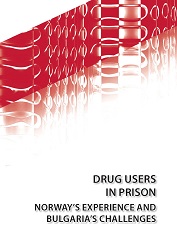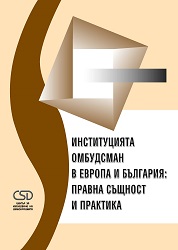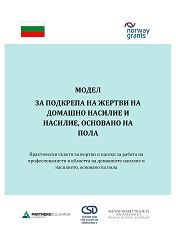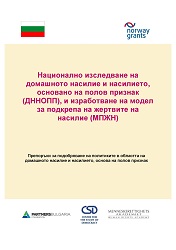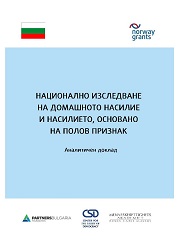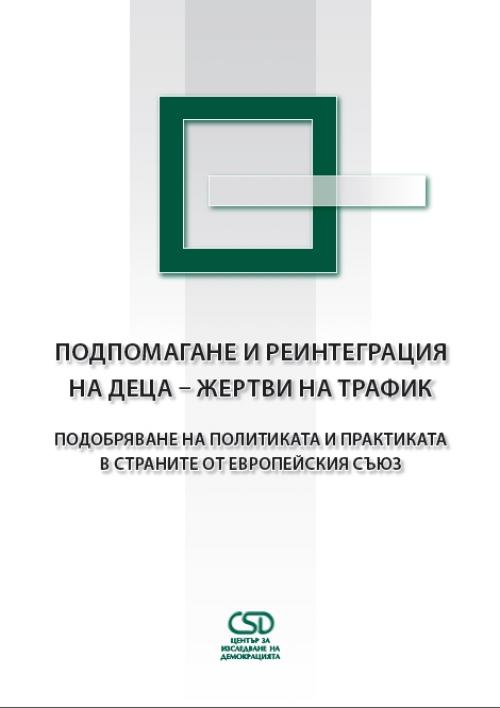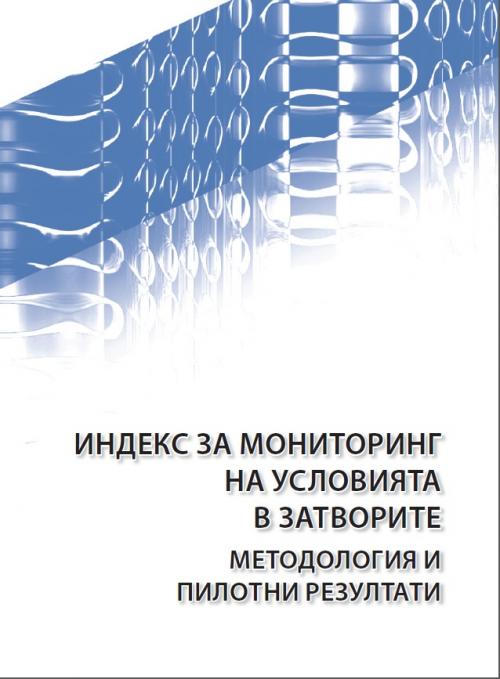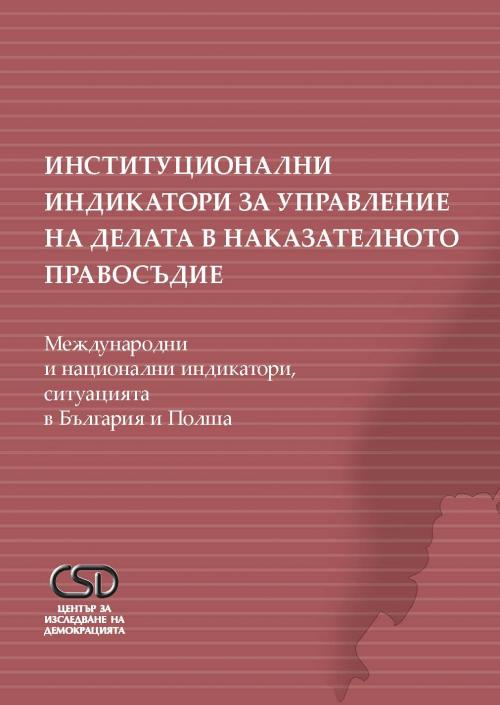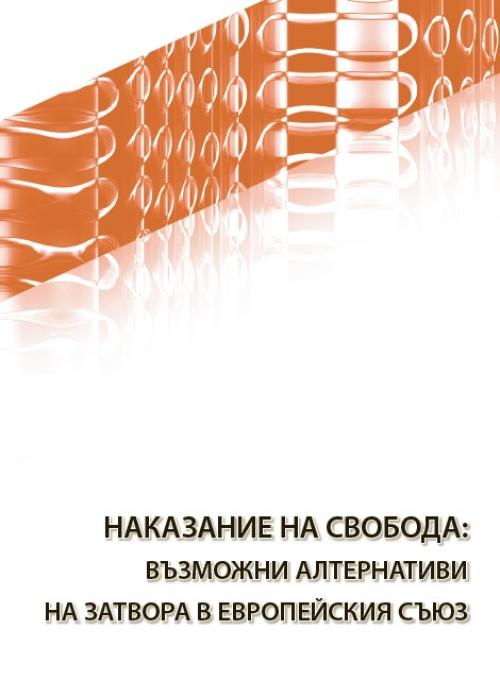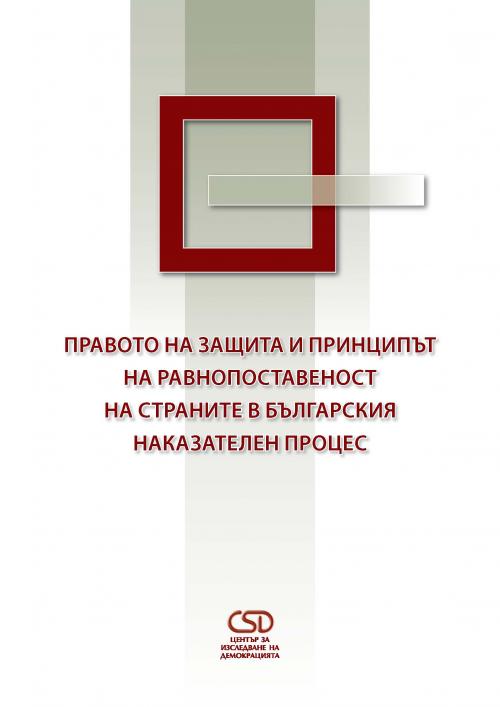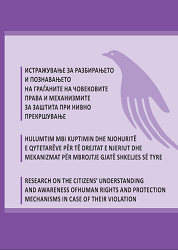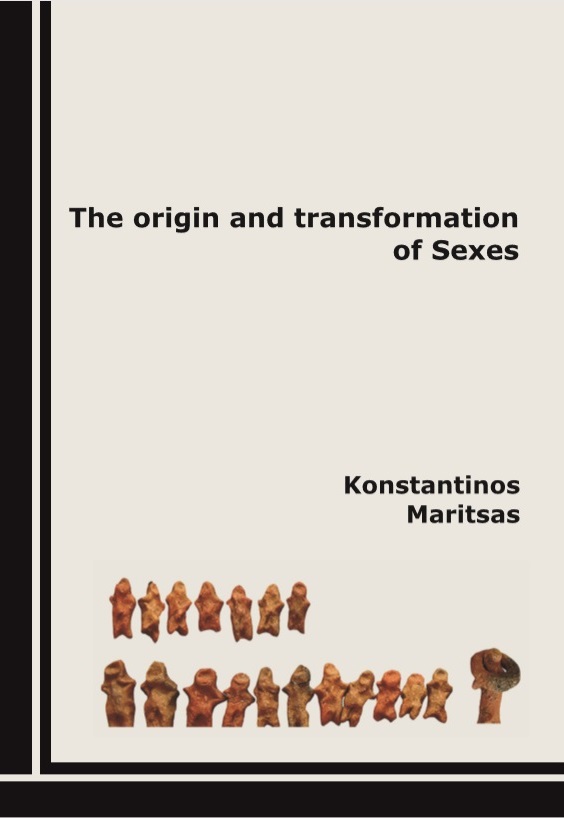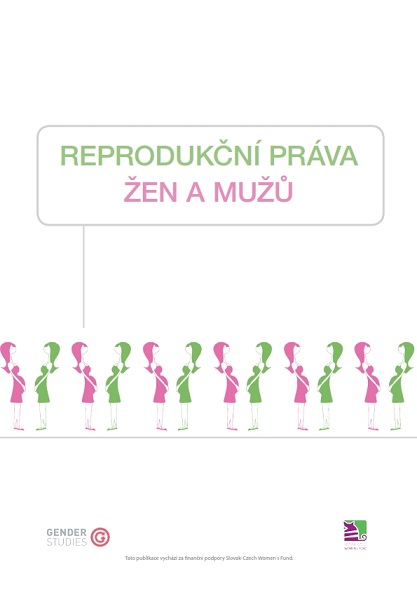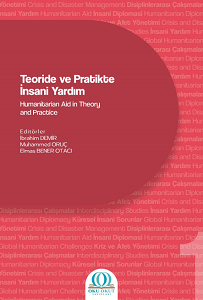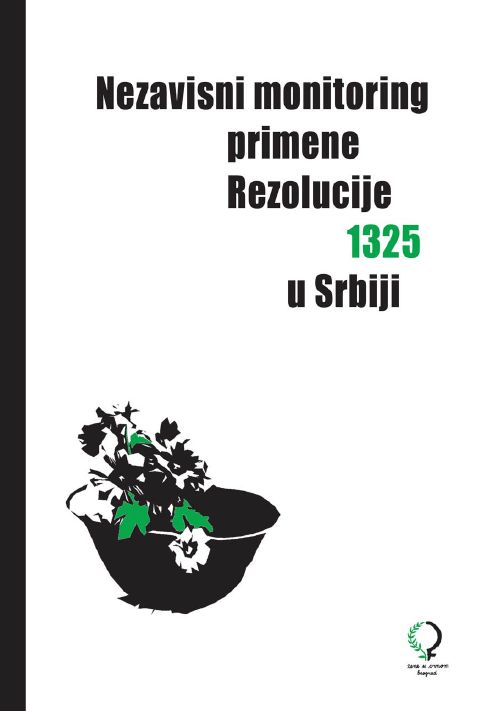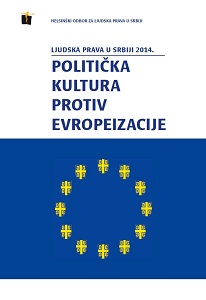Author(s): / Language(s): Turkish
Natural disasters, poverty, conflicts and climate crisis cause more and more people in the world to become in need of humanitarian aid. Due to its geographical, geopolitical and historical location, humanitarian aid has become an issue of strategic importance for Türkiye. Frequent natural disasters in Türkiye, Türkiye’s proximity to chronic conflict zones, the concentration of communities in need of humanitarian aid in geographies in Türkiye’s sphere of influence, and Türkiye’s recent diplomacy/humanitarian diplomacy moves are the main reasons why humanitarian aid has become strategically important for Türkiye in theoretical and practical terms. To this, the lack of a ‘responsible’ and ‘conscientious’ leader or actor at the global level and the failure of international organizations to prevent conflicts must also be added. In such a theoretical and intellectual background and in the midst of the practical humanitarian aid realities culminating in the 2023-2025 Gaza Genocide, this book emerged from the papers presented at the First International Humanitarian Aid Symposium hosted by the Institute of International Relations and Strategic Studies (ULİSA IIRSR) of Ankara Yıldırım Beyazıt University and organized in partnership with the Turkish Red Crescent, AYBU Technology Transfer Office, and Tirana New York University, in December 2024. The book deals with the issue of humanitarian aid from a broad perspective in the context of the reasons leading to humanitarian aid, the humanitarian aid process, and theoretical and practical discussions that can minimize the need for humanitarian aid. Book sheds light on the complex dimensions of humanitarian aid that fall within the field of disciplines such as economics, politics, sociology, psychology, health and theology. The book contains studies that focus on both theoretical analyses and field applications. The 13 chapters in the book offer a wide perspective, from the historical foundations of cooperation to digital solutions and artificial intelligence-supported systems. Prominent topics include Turkey’s humanitarian aid activities, new disaster management systems, religious and sociological dimensions of humanitarian aid, the relationship between migration and humanitarian aid, and the effects of modern technologies on humanitarian aid. Studies discussing these issues will make significant contributions to the academic literature and field studies. This book, prepared under the editorship of İbrahim Demir, Muhammed Oruç and Elmas Bener Otacı, offers an interdisciplinary perspective on humanitarian aid and aims to contribute to the development of humanitarian aid concepts, theories, and practices in the Turkish literature.
More...
